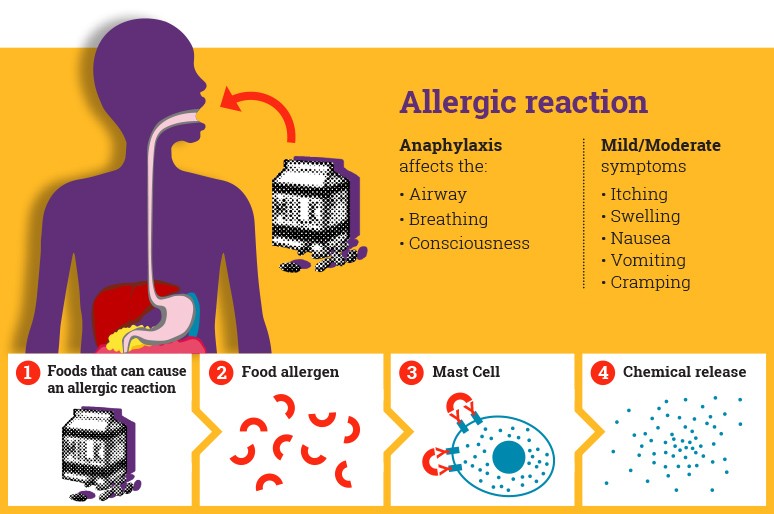No products
Allergies and Anaphylaxis
Allergies and Anaphylaxis - How to Manage Them
Allergies and Anaphylaxis are two very commonly confused terms. The two conditions require immediate medical attention, as they are both emergency conditions. When you suffer from an allergy, it means that your body is producing too much of a protein called immunoglobulin, which can cause serious allergic reactions. When the body produces too much epinephrine, a chemical in your blood, it can lead to anaphylactic shock.
When you suffer from anaphylactic shock, you will begin to wheeze and breath heavily. You may also lose control of your bowels. Allergic reactions to insect stings, dust mites and pollen can produce these symptoms within twenty-four hours of exposure. When you have an extreme allergic reaction, such as a severe allergic reaction, it is best to seek medical help as soon as possible. Allergies and Anaphylaxis can occur simultaneously.
Allergies and Anaphylaxis are often misdiagnosed because of similarities between the two conditions. Allergies are caused by a reaction of the body to allergens. Anaphylactic shock is caused by the body's reaction to the epinephrine hormone produced after contact with an allergen. The most common medication used to treat allergies is anti-allergic drugs such as Claritin, Moprulose and other nasal decongestants. The next step is to call 911 or rush to the nearest emergency facility.
Allergic reactions to insect stings, dust mites and pollen can produce symptoms similar to those of anaphylactic shock. Therefore, the first step is to determine whether there is actually an allergy that should be reported to your physician. Allergic reactions are classified as allergic rhinitis (a milder form of anaphylactic shock) or atopy (more serious). A few people may suffer from asthmatic reactions such as anaphylactic shock, asthma and eczema, which are also considered allergies.
If you suffer from an anaphylactic reaction, one of the first things to do is to call 911 or rush to the nearest emergency facility. Your primary care physician will have to determine the cause of your reaction. He may require an EpiPen in order to give you the epinephrine that you need. In some cases, an EpiPen will not provide enough of the anti-histamine that you need in order to overcome your anaphylactic reaction. In this case, you will have to be given an injection of epinephrine at your nearest emergency facility.
Once your anaphylactic shock has been overcome, the next step is to start your treatment for the underlying cause of the anaphylactic shock. It is important to know that if you suffer from a severe allergic reaction, it is always best to start with the prescription of an EpiPen and then proceed with the antibiotics if there are any other conditions present. This is because severe allergic reactions can be prevented in future by taking medications that contain antihistamines or steroids in the future. Steroids will also make it easier for your doctor to administer the right medication in the future in the event that you suffer from a severe allergic reaction again.
The final step involved in treating allergies and anaphylaxis is to make sure that you stay at home. If possible, isolate yourself until the effects of the anaphylactic shock have worn off. You should not be able to stand or move after doing so, but try to stay as still as possible. Medication such as antihistamines and steroids will need to be taken on a regular basis in order to prevent the allergy symptoms from returning. Once you are feeling better, you can begin to return to normal daily routines.
Allergies and anaphylaxis can be managed, especially if your allergist has used the appropriate medications. However, it is important to understand that the reaction you are having is not a true allergy, but rather just the body's response to a specific substance. Food allergies can often be controlled, although this often involves the avoidance of the allergen. Food allergies can also be managed by changing one food, or by avoiding food that contains the allergen. The same can be said for any type of skin sensitivity, although it is difficult to do so without isolating yourself from the rest of the world. Allergy shots can also be used in cases where allergies are proving persistent and troublesome.


Leave a comment